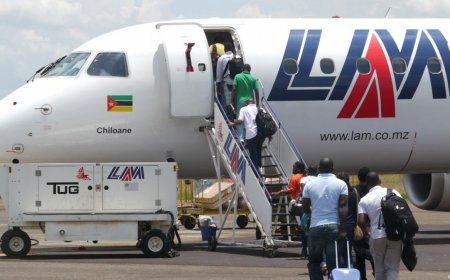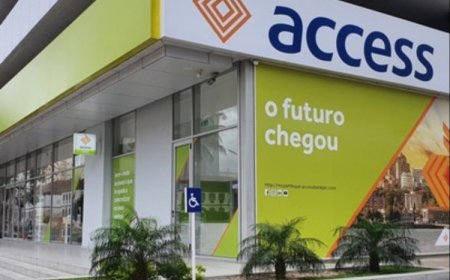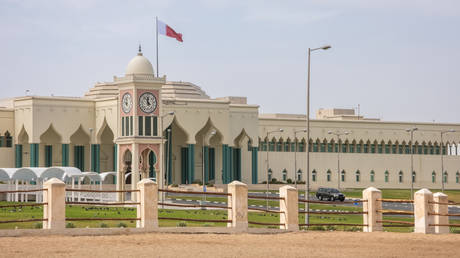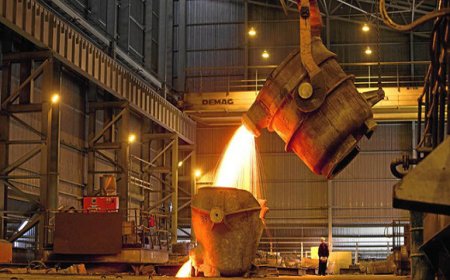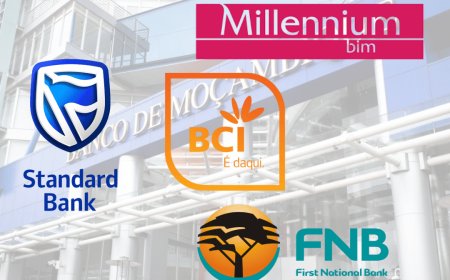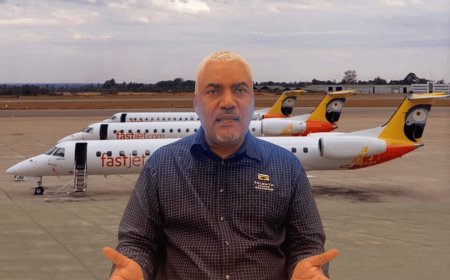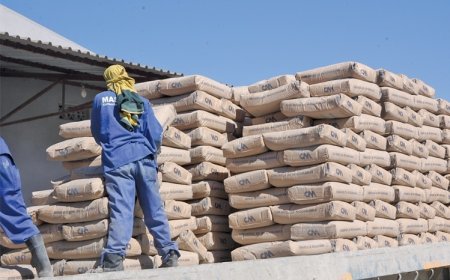Celso Correia justifies the failure of the unsustainable $100 million SUSTENTA programme: "The project was Misunderstood"
With six months left before the end of its term, the government of Filipe Nyusi is struggling to justify the failure of one of the country's most expensive development programmes, SUSTENTA, which cost $100 million but has yet to show tangible results.
The administration claims that the programme was misunderstood by urban society, shifting attention to a marginal goal of biodiversity conservation, at the expense of the main mission announced by the President in 2017.
SUSTENTA, launched with much fanfare in Ribaué, Nampula province, had the declared mission of stimulating the rural economy. The strategy included integrating families into production support programmes, facilitating access to finance, training farmers, and improving agricultural extension services.
However, the government's new narrative focuses on arguments that the programme is misunderstood due to the lack of visible benefits in urban areas, emphasising the importance of environmental protection, a goal that was secondary.
Celso Correia, the Minister of Agriculture and Rural Development and the main architect of SUSTENTA, defended this new narrative last weekend during the Maputo Coffee Festival.
The event, attended by several national and international organisations, served as a platform for Correia to assert that the programme is misunderstood, particularly in urban areas.
"Many people do not understand the SUSTENTA programme, perhaps because it does not yet bring benefits to the urban area. But in rural areas, the feeling is that we are introducing technology to prevent the habit of deforestation," said the minister.
According to Correia, the true impact of SUSTENTA should be evaluated in rural areas where the introduction of sustainable agricultural practices is occurring, especially in conservation areas.
He argued that coffee production, for example, brings environmental benefits as it takes place in buffer zones. However, these statements were contested by the Rural Observatory (OMR) in its 2019 analysis, which indicated that World Bank (WB) funds allocated to the programme were mainly for financing producers, with environmental protection being a marginal goal.
The OMR highlighted that on 30 June 2016, $40 million in funding was granted to the programme, with a revision in July 2019 adding another $60 million.
These amounts, not included in the State Budget, raise concerns about the transparency in the management of SUSTENTA funds. The analysis revealed that the majority of the resources, about 74.5%, are allocated to financing farmers, while only 1.2% is allocated to environmental and social safeguards, which contradicts Correia's rhetoric.
In 2023, an independent analysis by the OMR concluded that SUSTENTA reduced the areas of food cultivation in favour of cash crops, which could exacerbate food insecurity by shifting production for export purposes.
Correia, who has defended the programme's performance, controversially stated in March last year that 90% of the Mozambican population had food security, being able to make three meals a day, which drew criticism and led to a public retraction.
In 2017, the government promised that SUSTENTA would benefit 125,000 families, promoting food security, family income, employment, social inclusion, and increased agricultural productivity. However, these goals are far from being achieved, according to reports and criticisms that continue to surround the project.
Nyusi's government now faces the daunting task of explaining the lack of tangible results from SUSTENTA, while society questions the effectiveness and management of the resources invested in one of the most ambitious and expensive development programmes in Mozambique's recent history.


